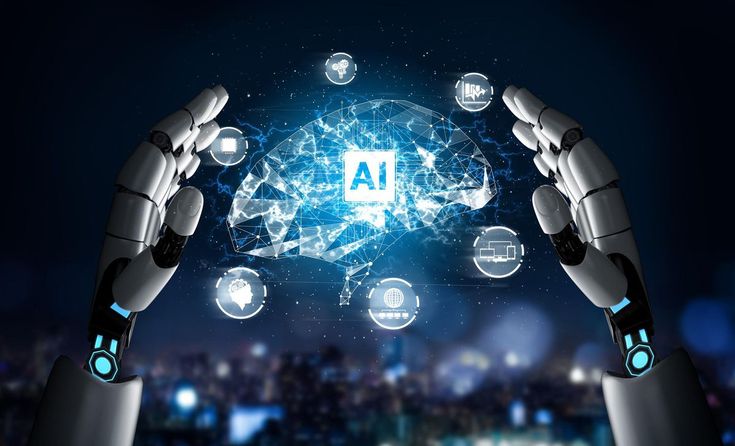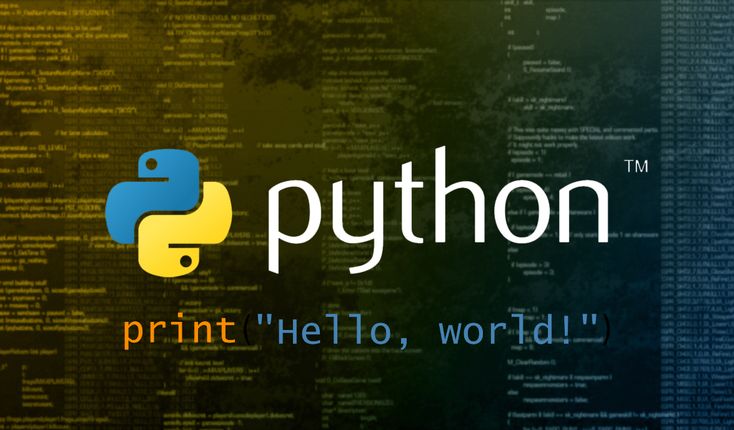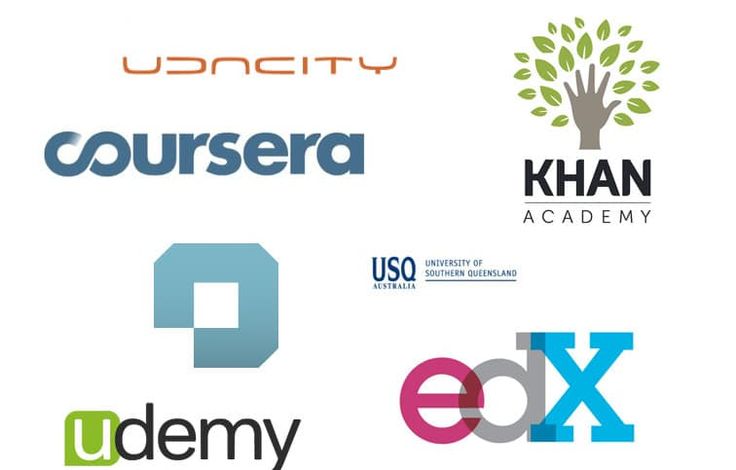Artificial intelligence is no longer the stuff of science fiction; rather, it is a pillar upon which groundbreaking innovations are constructed and one that has revolutionized fields ranging from healthcare to entertainment. AI rise represents several opportunities for individuals willing to become part of this revolutionary field. For beginners, the most common question is: Where do I start? The following blog shall highlight skills that every intelligent should start with and point them to books that define each one, apart from providing practical tips.

Table of Contents
Understanding AI and Its Significance
Building the Basic: Key Skills
Discovering a Beginner-Friendly Course
Build your First AI Project
Launching Your AI Career
Getting ahead in AI
Conclusion
Understanding AI and Its Significance
Artificial IntelIigence refers to the ability of machines to work intelligently: that is, intelligent machines that can do recognition of speech, apply reasoning, and learn from data. As the technology redeems itself, its applications transcend autonomous vehicles, forecasting analytics, and personalized recommendations.
Why begin AI? First, the demand for data scientists is skyrocketing; in real terms, it is a well-paying job now. Second, you will also get a chance to work on cutting-edge technologies that may solve real-world problems. Last, but not in any way least, a fair basis for learning AI is that it provides a curriculum for building resilient skills that stand you in good stead in an era of rapid technological change.
Building the Basic: Key Skills

To clench the ticket for entry and a pleasant ride in the world of AI, you should have the straight backbone of a couple of things. These skills are extremely important to grasp the AI concept and effectively implement them in real-life scenarios.
Learning Programming
Programming lies at the center of the development of AI. Python and R are popular languages because of their simplicity as well as the existence of many libraries. Python, in fact, is the typical language to go to for developing AI. It provides libraries such as TensorFlow and PyTorch with a view to make machine learning models.
Mathematics and Statistics
Mathematics is at the heart of AI algorithms. The key components are linear algebra to understand data structures, calculus for an optimization problem, and probability to start with predictive analysis. One could find it challenging to grasp the inner workings of AI models without these core dependencies.
Machine Learning Basics
Machine learning (ML) is a subset of AI and one of the core domains to master in that respect. To put it in simple terms, it focuses on letting machines learn patterns through data. Let beginner learners focus on supervised learning, where training is performed with labeled data, and unsupervised learning, where patterns are identified through unlabeled data. As learners evolve, diving into deep learning-a set of techniques using neural networks that are inspired by the structure of the human brain-could set learners apart.
Data Handling
Artificial Intelligence operates based on data. Learning how to preprocess, clean, and visualize data is key to building strong AI models. Pandas and NumPy are relevant frameworks for data manipulation, while libraries like Matplotlib and Seaborn support visualization to extract deeper meanings from our datasets.
Problem-Solving Skills
The unsolved problems AI professionals get their hands on require a fresh approach toward the solution. To tackle these hurdles with an ingenious method, you must have sufficiently developed analytical and critical thinking abilities.
Discovering a Beginner-Friendly Course
Armed with a plethora of online resources, starting AI is easier than ever. Courses with a bit of structure, passionate projects, and self-learned styles; there is everything for every kind of person.

Learning Online
Coursera, edX, and Udemy offer a plethora of very good beginner-level online AI courses. There is Andrew Ng’s Machine Learning course on Coursera that would give you a wholesome introduction to the field. Another great course is Google’s Machine Learning Crash Course, which is especially good for people who want to learn by means of implementations.
Books and Guides
There are books that provide good theoretical references, such as Michael Negnevitsky’s “Artificial Intelligence: A Guide to Intelligent Systems.” Another great book to read Sebastian Raschka’s “Python Machine Learning”.
Hands-On Practice
It is good to get to know the subject by actually practicing AI. You can try to practice with real-life datasets through platforms such as Kaggle or Google Colab. Particularly, Kaggle has competitions in which participants are challenged to solve complex problems.
Build your First AI Project
One of the best ways to learn the subject is to build a simple project, and you can start with a problem you care about, maybe one on predicting housing prices or sentiment analysis on text data. Collect a dataset, preprocess it in Python, and build a machine-learning model. Evaluate its performance, and reiterate to improve its accuracy. Publish your project to GitHub to practice your skill and present your expertise to employers.
Launching Your AI Career
Getting into AI will require more than just knowledge of technical aspects. It’s about how you market yourself as a competent and enthusiastic professional. When the learning ends and the earning begins:
Build a Portfolio
A portfolio can demonstrate workplace competency before potential employers. Such a portfolio could show things like data analysis, machine learning, and problem-solving. Each project must include a detailed explanation of the approach, including tools and techniques employed and the outcome.
Build Connections within the Profession
Networking tends to be useful when establishing a career. These could be groups on LinkedIn, Reddit, or Discord. You might also attend conferences and webinars to hear what’s new in AI development and expand your social circle with professionals.
Acquire certifications
Certifications granted by make your certification effective for your resume. There are many relevant certifications – in IBM, Microsoft, and Google – that give you credibility concerning AI skills and expertise.
Internships
Internships expose you to the world of practical discourse and real-world challenges. Through internships, you will also learn how AI is beneficial in different industries. Look at several job portals for internship opportunities or search a company’s website.
Getting ahead in AI

For long-term winning, you will need to be in touch with the happenings in the world of AI since it develops at a rapid pass. To learn about the trends, subscribe to AI research journals, follow thought leaders on social media, and participate in online forums to keep up informed about the advancements.
One direction that would be a hot sell in future AI is ethical AI. From the time it becomes in societies, consideration will have to be given to every aspect concerning bias, transparency, and accountability. As an AI professional, your understanding and contributions towards such conversations would make you stand out in the near future.
Conclusion
Getting into AI seems like a huge undertaking, but it is a journey worth taking. In case you have a knack for the core skills, have access to several beginner modes of instruction, and can amass a fair amount of practice, embarking on this journey is something you can now do with confidence. Never forget: in this, you need patience plus inquisitive mind and help you relax. With commitment and right disposition, you can be part of the AI revolution and help shape the technological futures.

